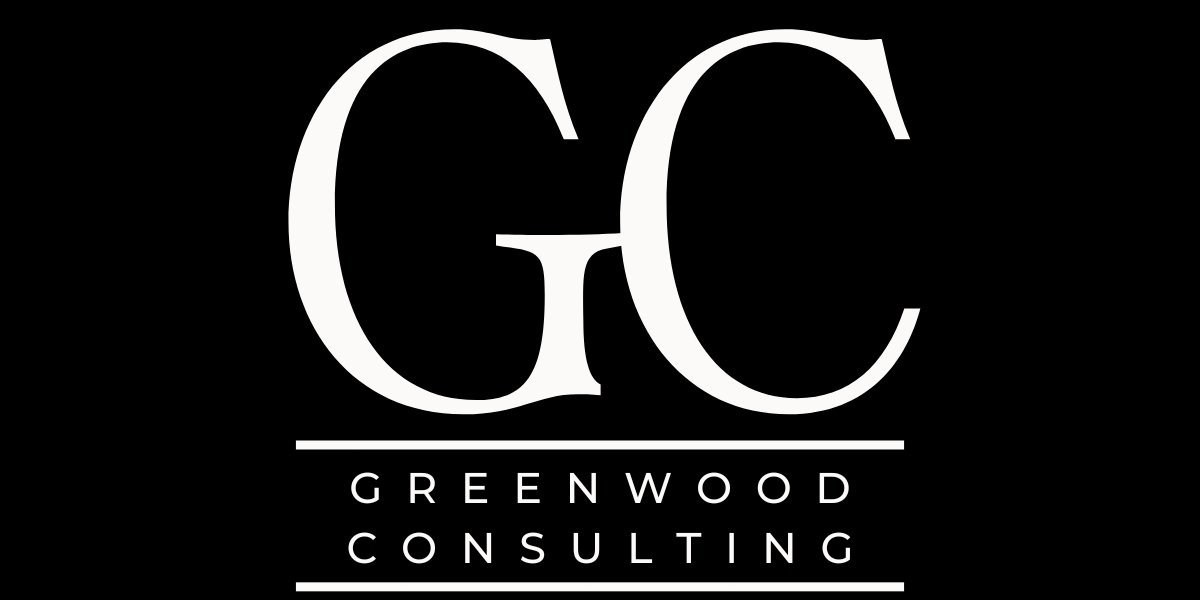E375:📦MAKING SUSTAINABLE PACKAGING SEXY! | RICH COHEN - ELEVATE PACKAGING
Making Sustainable Packaging Mainstream: A Conversation with Rich Cohen of Elevate Packaging
Sustainability is no longer a buzzword—it's a responsibility. Businesses across industries are realizing this and packaging is at the forefront of the discussion. Rich Cohen, Founder and President of Elevate Packaging, is tackling this challenge with innovative, compostable solutions aimed at making the packaging world more eco-friendly. In this blog, we unpack the highlights (pun intended) of his insights into sustainable packaging and its evolving role in B2B and eCommerce.
Building a Global Mission Around Better Packaging
Elevate Packaging isn’t your typical packaging company. As Rich puts it, they’re the “anti-packaging company.” Their mission isn’t about churning out products—it’s about eliminating plastic waste and creating circular packaging systems that give back to the planet, rather than taking from it.
Rather than treating packaging as a throwaway afterthought, Elevate focuses on creating solutions that perform and serve their entire lifecycle. Their ambitious goal? Ensure packaging products don’t just biodegrade—they actively contribute to the Earth through composting.
Packaging: The Ultimate Dual-Purpose Tool
Think of packaging as a multitasker. It’s not just about protecting a product during transit. Packaging has a job to preserve, communicate, and sometimes even symbolize a brand. Rich points out how essential packaging is to branding—it’s often the first physical interaction a customer has with a product.
But what makes this even more complicated is sustainability. Compostable packaging throws an extra challenge into what Rich accurately describes as "the simplest and most complex thing." It’s not enough for a compostable pouch, bag or carton to do its job while a product is in use—it also has to biodegrade properly afterward. This includes inks, coatings, adhesives and even the structural materials, each of which must meet strict compostability standards.
The Composting Minefield
Sure, compostable sounds great in theory. But how do you actually compost packaging in the real world? This is the tricky part. Not all compostable materials are created equal. Some items require controlled environments to break down, such as exposure to air, moisture or specific bacteria. Others may simply not break down in standard backyard compost heaps.
Rich explains how customers often misunderstand compostable items, assuming they can just toss them into recycling bins. The reality? Compostable materials usually aren’t recyclable. This creates confusion and inefficiencies in waste management systems.
The solution? A paradigm shift. Compostable packaging can’t be treated like trash. Instead, as Rich notes, it must be managed like raw material. This means designing better collection systems, ensuring proper disposal facilities exist and educating consumers on why this seemingly simple solution is anything but simple.
A Growing, Green Economy
The compostable movement mirrors other historical disruptions. Rich draws an analogy to the early days of the automobile: There were no superhighways or gas stations yet but the potential was undeniable. Similarly, compostable packaging is gaining traction but it needs infrastructure upgrades, industry buy-in and public education to reach its full potential.
Thankfully, change is already happening. In some regions, compost is treated like "green gold," sold back to consumers as nutrient-rich soil for gardening. Rich sees opportunities for compostable packaging to follow this example, being processed at facilities and returned to farms, nurseries or consumers as a valuable resource. This approach makes waste part of a larger system of renewal.
The Role of Technology in the Packaging Revolution
One of the most exciting developments in sustainable packaging comes from tech innovation. Rich mentions three key advancements driving progress:
1. Plant-Based Plastics: These materials look and feel like traditional plastics but are derived from renewable resources like corn or sugarcane rather than petroleum.
2. Non-Toxic Inks: Not only do these reduce leaching and contamination concerns, but they also ensure the entire packaging item remains truly compostable.
3. AI-Driven Sorting Systems: Artificial intelligence and robotic systems can now help sort compostable vs. non-compostable materials at industrial facilities, vastly improving waste stream efficiency.
When paired with ambitious businesses like Elevate, these technologies are making packaging smarter, greener and better suited to a circular economy.
Simplifying Sustainability for Businesses
Rich understands one thing well: businesses are more inclined to embrace sustainability if it’s easy to adopt. That’s why Elevate focuses on two primary goals:
1. Creating Circular Packaging Systems: Customers can not only purchase compostable packaging but also return it to Elevate through a hassle-free take-back program.
2. Offering Customization at Scale: Whether personalized printing, labels, or flexible solutions, Elevate makes it simple for companies to reflect their eco-conscious values in their branding.
By addressing the entire lifecycle—design, usability, and end-of-life—Elevate ensures their customers don’t need to compromise between sustainability and functionality.
The Bigger Picture
Sustainability isn’t just a consumer trend; it’s becoming a major focus for B2B brands too. Buyers are starting to expect sustainable practices along every touchpoint in the supply chain. This means manufacturers aren’t just responsible for creating quality products anymore—they’re also accountable for the environmental impact of how those products are packaged and delivered.
Rich predicts a bright future for compostable packaging. He acknowledges the challenges of making sustainability scalable but believes innovation in this space mirrors what’s happening in other parts of B2B commerce, like SEO and digital transformation. Once considered 'nice-to-haves,' these elements are now baseline expectations.
Conclusion
Rich Cohen and Elevate Packaging are proof that bold visions can drive real-world change. By making compostable packaging practical, scalable and circular, they’re setting new standards for how companies approach sustainability.
If you're a B2B or eCommerce brand looking for eco-friendly solutions that don’t compromise on performance, Elevate Packaging might just be the partner you’ve been searching for. The path to sustainability may not be easy, but brands like Elevate are paving the way to ensure it’s worth every step.
To learn more, check out the related THE eCommerce EDGE Podcast episode below:
